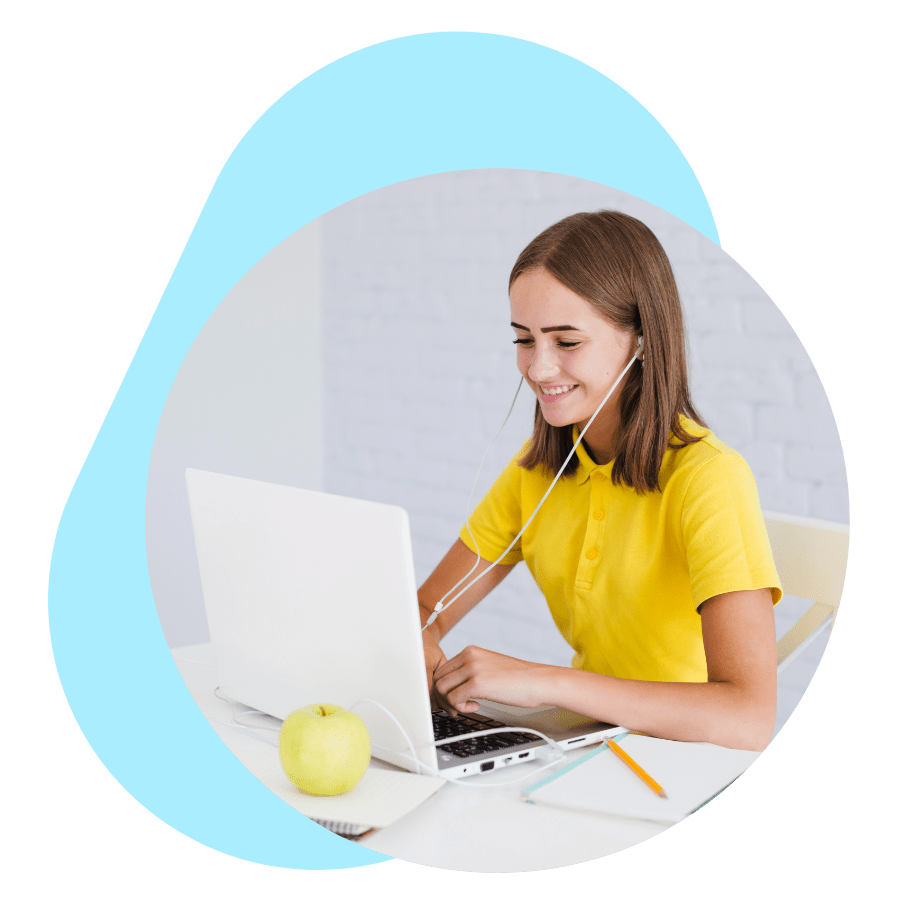1- What can you do to make this world a better place?

Our little efforts can make a huge difference, going green is easier than you think. There are little things we can do as an individual every day to help reduce greenhouse gases and make a less harmful impact on the environment. Taking care of the Earth is not just a responsibility — it's a privilege.
1.1- Do you usually pay attention to how you use water?
The little things can make a big difference. Every time you turn off the water while you're brushing your teeth, you're doing something good. Got a leaky toilet? You might be wasting 750 liters of water a day.
1.2- How often do you walk to school?
Walk or ride your bike to school, work and anywhere you can. You can reduce greenhouse gases while burning some calories and improving your health. If you can't walk or bike, use mass transit or carpool. Every car not on the road makes a difference.
1.3- Recycle
You can help reduce pollution just by putting that soda can in a different bin. If you're trying to choose between two products, always pick the one with the least packaging.
1.4- Compost
If you have never thought about how much trash you make in a year, then you should. Reducing the amount of solid waste you produce in a year means taking up less space in landfills. Compost usually makes a great natural fertilizer.
1.4- Change your light bulbs
Compact fluorescent light bulbs usually last 10 times longer than a standard bulb and use at least two-thirds less energy. Also, turn off lights when you're not in the room and unplug appliances when you're not using them. It only takes a second to be environmentally conscious.
1.5- How often do you eat meat?
If your answer is always, then you should eat less meat, and more plants. Eating plants uses much less water than eating animals and is frequently healthier. This also decreases the rate of forest clearing for animal agriculture and significantly decreases the amount of methane that enters the atmosphere.
2- Frequency Adverbs
Se utilizan para decir con que frecuencia ocurre algo.
2.1- ¿Como se utilizan?
Se colocan antes del verbo principal. Ejemplo:
They don’t usually turn off the TV.
Sujeto + frequency adverb + verbo principal + (complemento)
En una oración con verbo “to be” el adverbio se ubica tras el verbo. Ejemplo:
She is always recycling.
Sujeto + to be + frequency adverb + complemento
¿Utilizamos la fórmula “How often…?” para preguntar por la frecuencia con la que alguien hace algo. Ejemplo:
How often do they watch TV? They watch TV every evening.

|
We can also use the following adverbs at the beginning or end of the sentence: Usually, often, frequently, sometimes, occasionally – We visit them frequently. – Sometimes I ride my bike to the office. |
|
We cannot use the following at the beginning or end of a sentence: Always, rarely, never |

Look at these examples:





